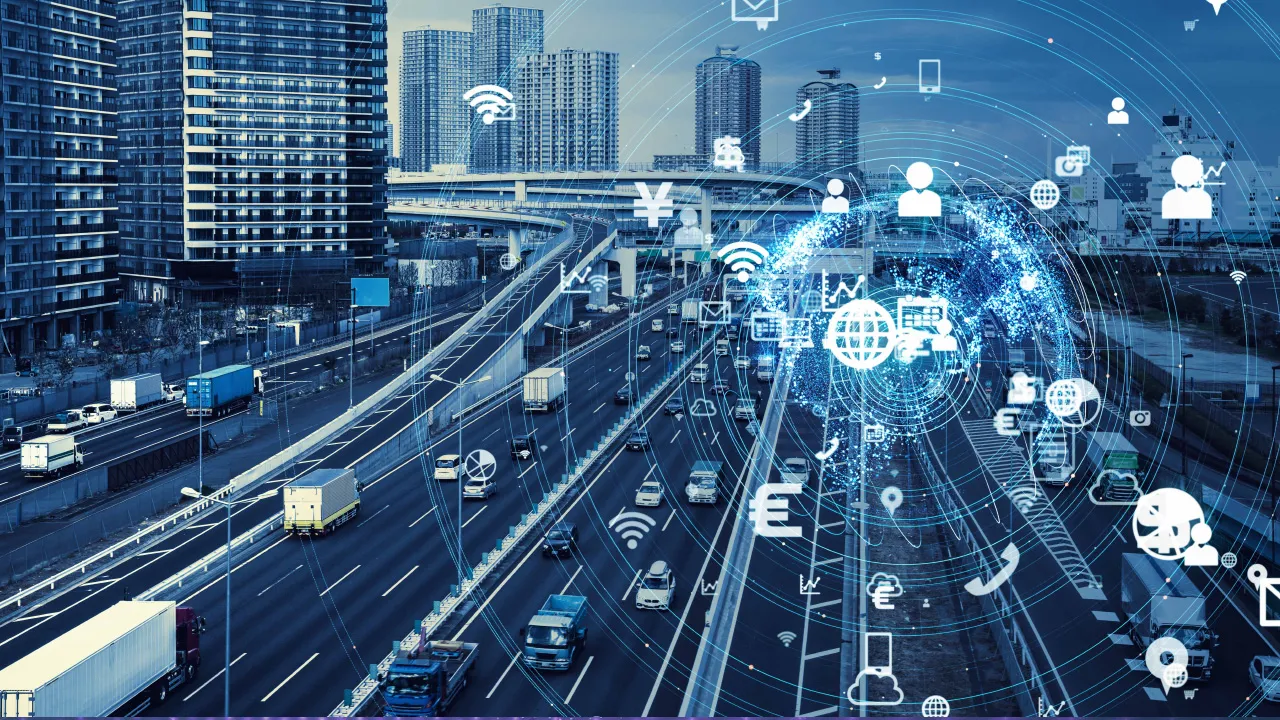Technology is moving faster than most of us can comprehend and with the introduction of smart cities, controversial advancements are bound to affect us all at some point. Today nearly every part of our lives can be digitized, tracked, and logged. We are already globally connected through our smart devices such as smart TVs, smartwatches, and social media generating huge amounts of data every day. Even, our homes, cars are becoming smarter day by day. Any project or initiative that involves the collection of data raises the question of privacy.
So, should you be excited about smart cities or concerned about your privacy and data?
In this article, I examine three of the ten privacy principles (PIPEDA) formulated by the Office of the Privacy Commissioner of Canada; I discuss how these privacy principles can be violated under the new project gaining popularity known as “smart cities”.
Smart cities are a hot topic in Canada; many major cities like Toronto are looking into making cities more efficient through a system of connectivity known as IoT (Internet of Things). The World Bank defines smart cities as “a technology-intensive city, with sensors everywhere and highly efficient public services, thanks to the information that is gathered in real-time by thousands of interconnected devices.”
Although the goal of smart cities is to enhance the quality of life and provide a sustainable environment, when it comes to the question of privacy, even the people working under the smart cities project don’t seem to have a clear answer. With the rise of IoT devices in the cities, the most important question associated with privacy has to do with the safety of data collection. PIPEDA says, “the organization must have appropriate safeguards to protect the sensitivity of the collected personal information/data.”
Smart cities are not just about roads, parking meters, or better infrastructures; it is about the whole vast array of services. It is everything from digital signage, toll roads, and parking. It could also look like going into retail spaces and having the shops understand who you are, what you are wanting to buy, and would get you everything you need before you get there. This would mean that everybody knows who we are without having to say which begs the question of safety associated with data.
More IoT devices mean more data will be generated, including personal information, and hence more safety regulations and protection around processing the data will be required. As a smart city heavily relies on data generated through IoT devices, it makes the city vulnerable to cyber attacks and hackers posing a security threat to the citizens of the smart cities.
#privacy #technology #data #smart-cities #data-privacy #data-security #what-to-expect-from-smart-city #personal-data
